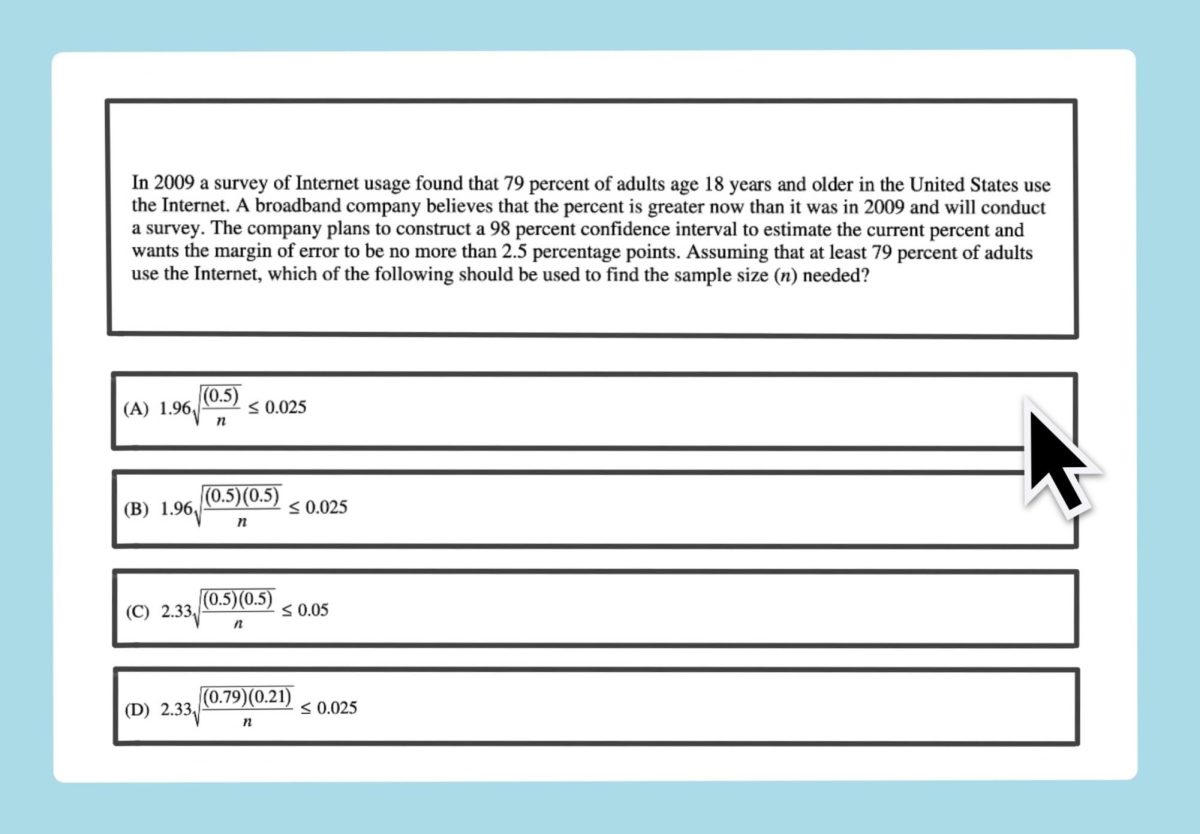There are many plants in the forest, all with different uses and purposes. I don’t know all the plants or their uses, but one that I do know and have learned to avoid is poison ivy. For most of us, the plant can cause days and even weeks of miserable itching and scratching. Now that this plant is beginning to show itself along with the other signs of spring, everyone should learn more about it to save themselves a lot of pain and misery.
As children, our parents told us to avoid leaves of three, but there is more to identifying poison ivy than that. Let’s first look at the general description of poison ivy. It grows as a vine and can be seen on trees —it’s the big furry one—as well as on the ground. When a leaf of poison ivy comes out of the ground, it is coming from a vine buried in the earth. This means that where there is a little poison ivy, there is probably more around.
The plant grows in an organized cluster of three leaflets, which are serrated around the edges. The leaflets grow in a pinnate organization, so they point in the same direction toward the end of the plant. The leaflets themselves are ovate shaped, meaning they have a wide base and a narrow tip.
Some of you may know better than others, but when most of us come in contact with this plant, we break out in a rash. Let me tell you if you don’t know: it is a rash like no other, caused by the urushoil in the plant. This oil is excreted every time the plant is disturbed, and can be caused by a simple touch of the leaflets.
When the urushoil comes in contact with skin, it begins to soak in, and the process has begun. The reason many people break out in a horrible rash is that the immune system in our bodies reacts poorly to the urushoil.
There are a few simple ways to avoid going through the dreadful experience of getting a rash from poison ivy. The first is to avoid contact with the plant. I know this sounds silly, but if you haven’t come in contact with any poison ivy, you won’t get urushoil on your skin. For those of you like me who just can’t avoid poison ivy because you are in it too much, an option is to wear clothes that cover your body.
A word of warning: if you go through poison ivy in pants and boots, you now have urushoil on those clothes. These clothes can pass this pesky oil to you.
The last bit of advice is to wash off the oil. If you know that you have gotten into a patch of poison ivy, wash the affected area. Because urushoil is water-soluble, all you need is a source of running water.
If you do come into contact with poison ivy and break out with a rash, the first step is to wash the area to make sure you have gotten rid of the oil. Most of it is probably already soaked into your skin, but it is better to be safe then sorry. There is a plant called jewelweed that will help relieve the itching. This plant often grows abundantly near water. Break off some of this plant and rub it on the area to help heal the rash and soothe the itch.
Now, I hope many of you can go into the woods feeling more comfortable about poison ivy. Just as a little side note, everyone’s reaction to the plant is different. Some have no reaction, while others have to be hospitalized and given steroids. So be careful where you step.








